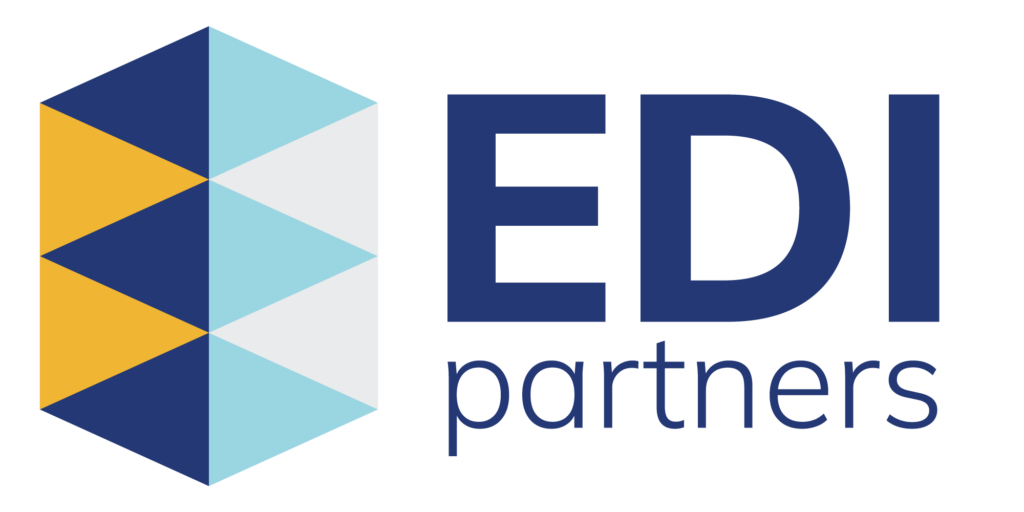Managing invoices and billing efficiently can be a significant challenge. Manual processes are not only time-consuming but also prone to errors, leading to delays, disputes, and ultimately, impacting the bottom line. However, with the advent of technology, Electronic Data Interchange (EDI) has emerged as a powerful solution to streamline invoicing and billing processes. In particular, the EDI 810 document has revolutionized the way businesses handle invoices, enabling seamless electronic exchange of data between trading partners. When coupled with the expertise of a Managed Service Provider (MSP), businesses can unlock even greater efficiencies and benefits.
Understanding the EDI 810 Transaction Set
The EDI 810 transaction set, commonly known as the Invoice, is used to provide detailed information about the products and services rendered by a seller to a buyer. It includes essential data such as invoice number, invoice date, payment terms, item descriptions, quantities, prices, and total amounts. By standardizing this information into a machine-readable format, EDI eliminates the need for manual data entry, reducing errors and accelerating the invoicing process.
Benefits of EDI 810 for Invoicing and Billing
- Efficiency: With EDI 810, invoices can be generated, transmitted, and processed electronically, significantly reducing the time and effort required compared to traditional paper-based methods.
- Accuracy: Manual data entry is error-prone and can lead to discrepancies between invoices and purchase orders. EDI eliminates such errors by automating data exchange, ensuring consistency and accuracy.
- Faster Payments: By expediting the invoicing cycle, businesses can accelerate the receipt of payments, improving cash flow and liquidity.
- Cost Savings: Reducing manual processing not only saves time but also lowers operational costs associated with paper, printing, postage, and manual labor.
Leveraging a Managed Service Provider (MSP)
While implementing EDI 810 document can deliver significant benefits, managing EDI processes in-house can be complex and resource-intensive. This is where a Managed Service Provider (MSP) specializing in EDI comes into play. An MSP offers expertise, technology infrastructure, and ongoing support to optimize the invoicing and billing process. Here’s how an MSP can help:
- Expertise and Guidance: An MSP brings deep domain expertise in EDI standards and best practices. They can guide businesses through the implementation process, ensuring compliance with industry regulations and standards.
- Technology Infrastructure: Building and maintaining EDI infrastructure requires specialized software and hardware. An MSP provides access to robust technology platforms for seamless EDI integration with existing systems.
- Customization and Scalability: Every business is unique, with its own invoicing requirements. An MSP offers customized solutions tailored to the specific needs of each client. Additionally, they can scale the EDI infrastructure as the business grows, accommodating increased transaction volumes and expanding trading partner networks.
- 24/7 Support and Monitoring: EDI operations are critical to business continuity. An MSP offers round-the-clock support and monitoring to ensure the smooth functioning of EDI processes. They proactively identify and address issues, minimizing downtime and disruptions.
Conclusion
In conclusion, the EDI 810 transaction set provides a powerful mechanism for streamlining invoicing and billing processes, offering efficiency, accuracy, and cost savings. When combined with the expertise and support of a Managed Service Provider, businesses can unlock even greater value, enabling seamless integration, customization, scalability, and round-the-clock support. By leveraging EDI and partnering with an MSP, organizations can transform their invoicing and billing operations, driving efficiency, competitiveness, and growth in today’s digital economy.
EDI Partners can help you with your 810 transactions! Reach out for help!
- What is EDIFACT? A Beginner’s Guide to the Global EDI Standard - September 18, 2025
- Top Challenges of EDI Interface Integration and How to Overcome Them - September 18, 2025
- AI‑Driven EDI: How Artificial Intelligence Is Transforming EDI Consulting in 2025 - August 21, 2025

